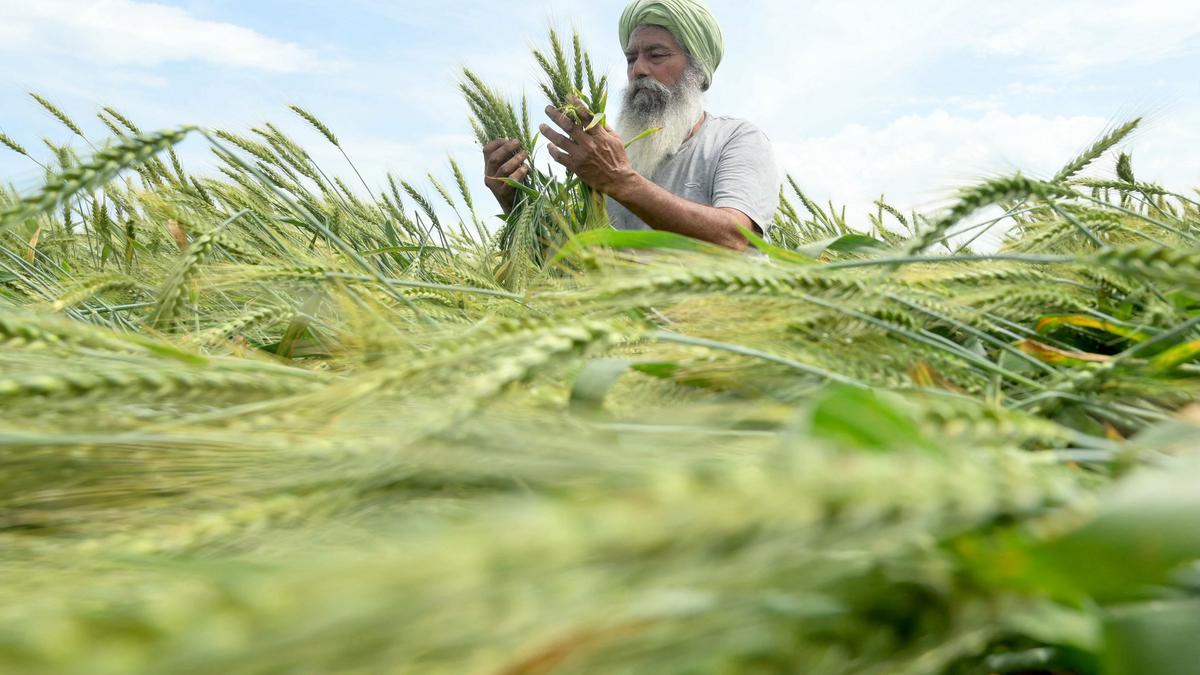
ITC Infotech’s deep-tech platform aims to enhance income of 10 mn farmers by 2030
The Hindu
The tech firm plans to empower 10 million farmers who are part of over 4,000 FPO across the country by 2030
ITC Infotech, the tech arm of ITC Group, said it was chasing an ambitious plan of empowering and enhancing the incomes of 10 million farmers who are part of more than 4,000 FPOs (farmer-producing organisations) across India by 2030.
Through its ITC Metamarket for Advanced Agriculture and Rural Services (ITCMAARS), the company has so far brought more than 1.5 million farmers and 1,500 FPOs from across 10 states on this platform, said Sandeep Kumar, SVP and Head, Business Consulting, ITC Infotech. ITCMAARS is an artificial intelligence and machine learning-driven platform that offers a gamut of farmer-empowerment services.
“Farmers experienced 30-50% income enhancement through the intervention of ITCMAARS. Enthused by the impact, we aim to progressively cover 4,000 FPOs empowering 10 million Indian farmers by 2030,” Mr. Kumar told The Hindu.
According to him, farmers on this platform are already witnessing transformational benefits through predictive weather and crop advisory, coupled with intelligent farming nudges, access to newer farming techniques, market linkages closer to farms, personalised climate crop advisories, precision farming technologies, scientific quality assaying, and availability of formal credit at less than 50% cost through more than 1,500 FPOs and 100 partners.
“What we are providing is a full-stack phygital eco-system to bring the power of world-class digital and agricultural technologies in the hands of our farmers,”‘ Mr. Kumar said further.
ITCMAARS was built on the foundation of ITC pioneering e-initiative, ITC e-Choupal, which later emerged as the world’s largest rural digital infrastructure and became a global exemplar for boosting farmer productivity, Mr. Kumar explained.
“The farmers on board with us can avail precision agriculture, climate-smart technologies and low-cost credit from banks. They are also to enhance agri productivity, reduce cost of cultivation and increase the value capture of their harvest,” he said.

U.S. Federal regulators approve Paramount’s $8 billion deal with Skydance, capping months of turmoil
Federal regulators on Thursday approved Paramount’s $8 billion merger with Skydance.





















 Run 3 Space | Play Space Running Game
Run 3 Space | Play Space Running Game Traffic Jam 3D | Online Racing Game
Traffic Jam 3D | Online Racing Game Duck Hunt | Play Old Classic Game
Duck Hunt | Play Old Classic Game










